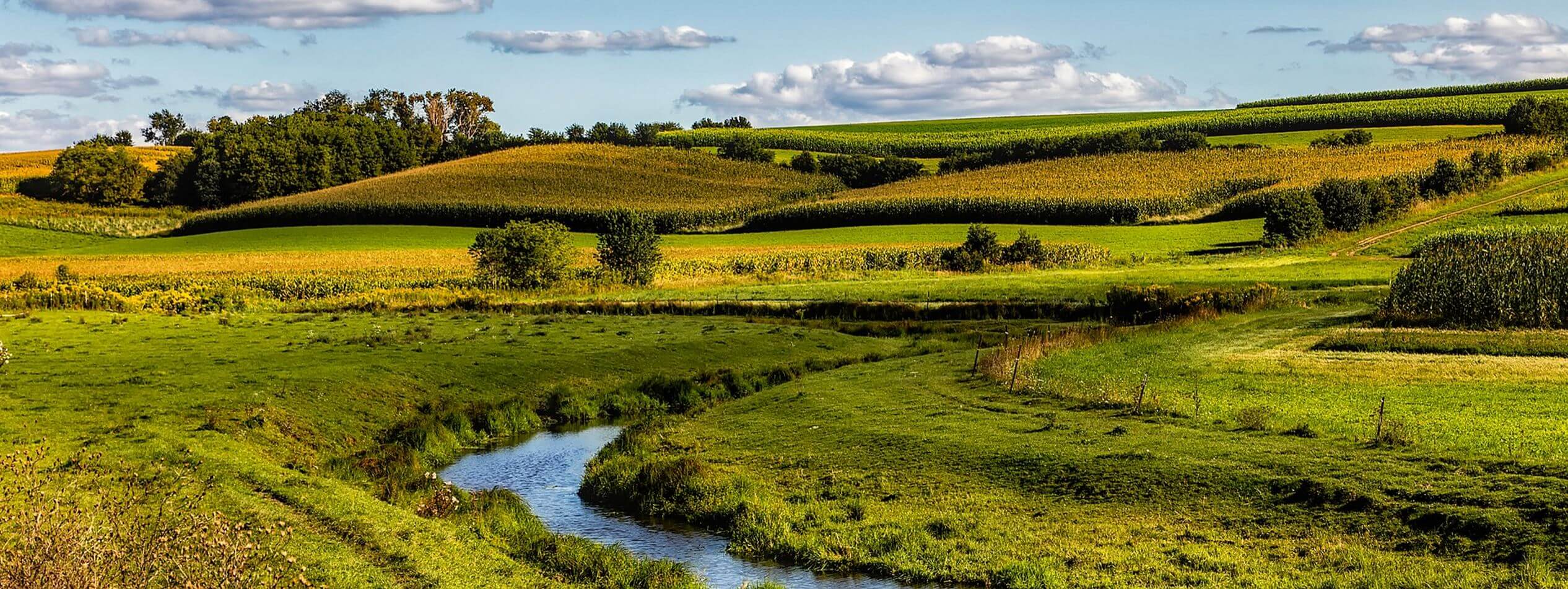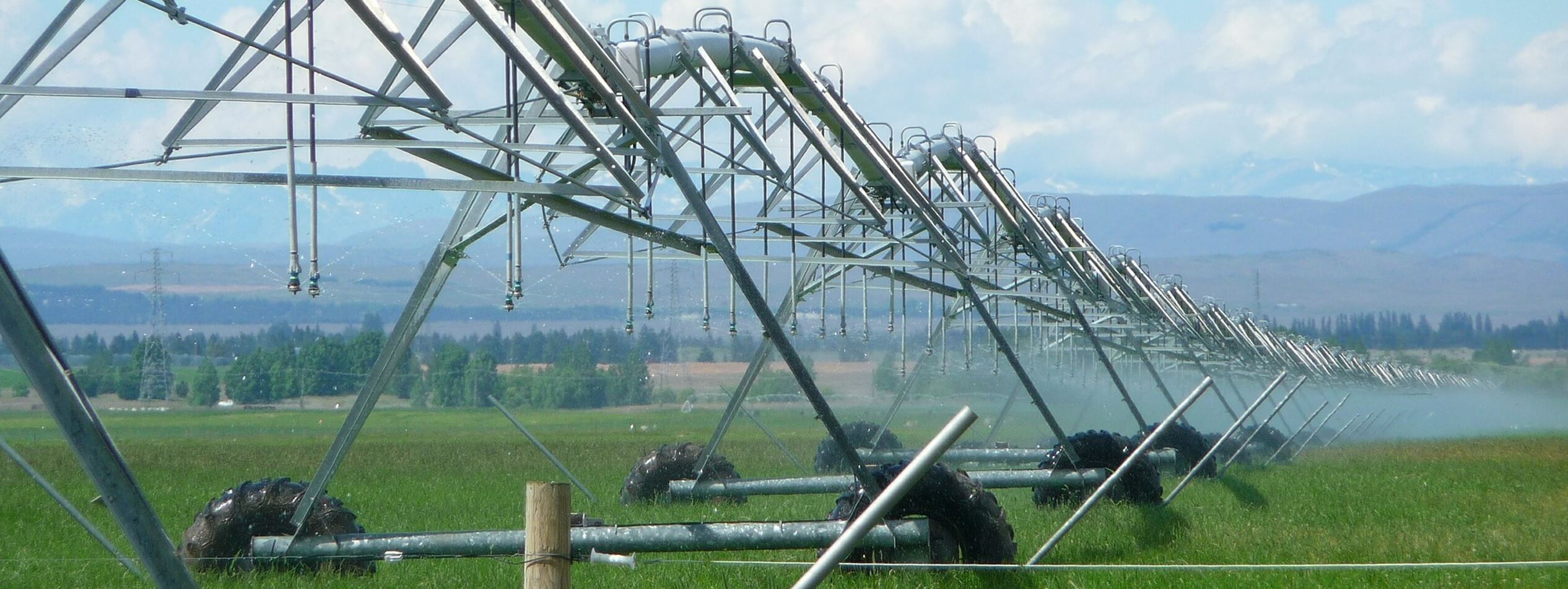Water stewardship
We have written many motivational blogs advocating for farmers to steward water well. And blogs focussing on a specific practice which can help save water or use it more effectively. The purpose of this blog is to list some straightforward, practical and good practice tips for better water stewardship.
Better water use efficiency can result in greater profitability
There are two broad approaches: increasing the supply and quality of water and decreasing the demand for water on your farm. The practices listed below have been adapted from Agriculture: Facts & trends, South Africa, published by WWF-SA1.
Increasing supply and improving water quality
- Invasive alien plants use large amounts of water and do not contribute to farm productivity. Therefore removing these aliens will result in a greater water supply in farm streams and rivers. It will also lead to greater replenishment of groundwater sources.
- Wetlands are a highly effective natural system to water regulation and purification. Healthy wetlands ensure a steady and clean water supply downstream. You can increase water supply by protecting already existing, healthy wetlands. And by restoring degraded wetlands. This involves removing alien plants, controlling grazing and burning in wetlands and not cultivating in, or right next to, wetlands.
- Agricultural practices, such as spreading of agro-chemicals, cultivation and grazing, negatively impact on freshwater ecosystems. For rivers and wetlands to function effectively, it is important that there is a buffer of natural vegetation around them. This buffer protects freshwater ecosystems from harmful agricultural practices. A 30-40 metre buffer for rivers, and 25-70 metre buffer for wetlands is recommended.
- Harvesting rainwater from sheds and houses is a simple, effective manner to increase freshwater supply. This water is especially useful for animal drinking and cleaning in and around sheds/dairy parlours.
Decreasing demand
- Carbon increases the water holding capacity of soil. By building soil carbon, you can store more rain and irrigation water. This is one of the most effective ways to improve water use efficiency on farms.
- Correct irrigation scheduling ensures adequate water is provided to plants at the correct intervals. This improves the effectiveness of irrigation, and limits wastage from over-irrigation.
- Using the most effective irrigation system for your specific crop type also limits waste. There are new technologies consistently being developed which improve irrigation efficiency. It is worth looking into which of these are viable in your specific context.
- By consistently checking and maintaining irrigation and stock drinking water systems on the farm you can limit waste from leaks. Leaks are a cause of major water loss, often because they go undetected for long periods of time.
- Measure water use. As we all know, you manage what you measure. If you do not know how much water you use on the farm, and for what purposes, it will be very difficult to limit waste and improve water use efficiency.
- Plant water efficient crops, especially those well adapted to your climatic and soil conditions.
- Recycle water where possible. For example, effluent can be used for beneficial disposal on dairy farms when if it is good enough quality.
Carbon – the key to storing more water in the soil
Good water management practices can significantly contribute to better water use efficiency. This is an economic advantage on farms, contributes to environmental stewardship and is a social responsibility of farmers.
References
- Agriculture: Facts & trends, South Africa. WWF-SA. http://awsassets.wwf.org.za/downloads/facts_brochure_mockup_04_b.pdf – Accessed 21 December 2018.
- A carbon footprint assessment for pasture-based dairy farming systems in South Africa - 2024-02-07
- What progress have farms participating with Trace & Save made over the past 10 years? - 2023-09-06
- Carbon footprint reduction over time: Lessons from pasture-based dairy farms in South Africa - 2023-09-04


